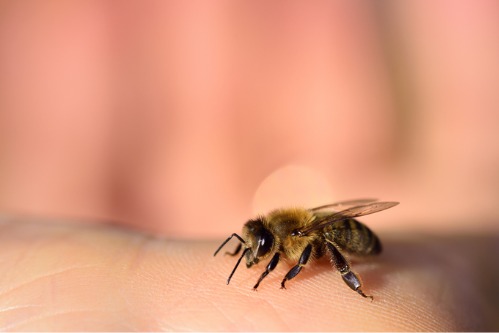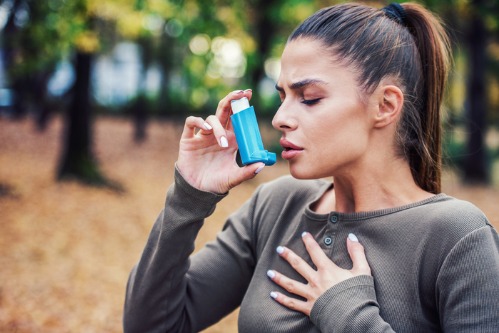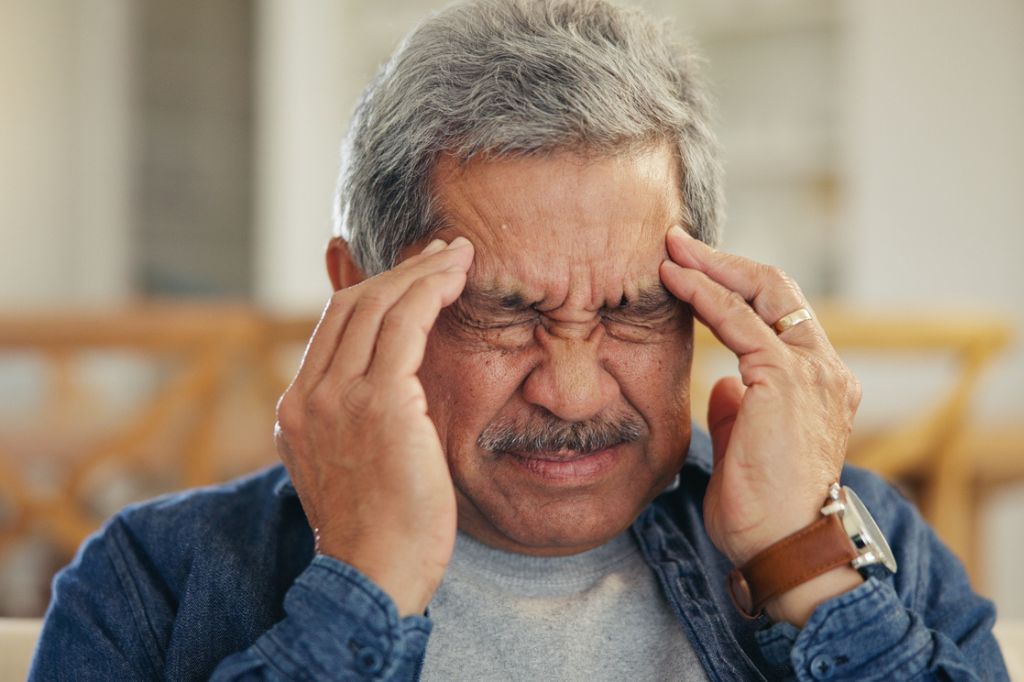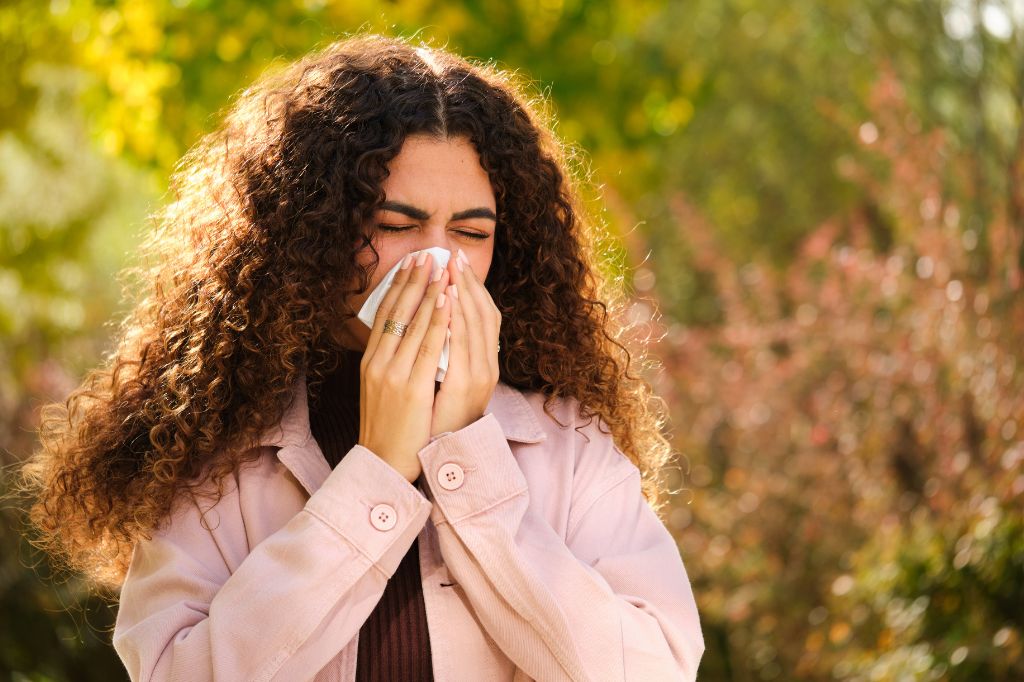
What to Do When You Can’t Stop Sneezing
As the winter season settles in, sneezing can feel like an unwelcome guest in your daily routine. Whether it’s triggered by cold weather irritants, dry indoor air, or lingering allergies, persistent sneezing can quickly become exhausting and disruptive. If your sneezing fits seem to have no end in sight, it’s worth understanding what’s behind them — and what steps you can take to find relief. Let’s explore the common causes and what to do when you can’t stop sneezing this winter.
Why Can’t I Stop Sneezing? Common Causes
Sneezing is your body’s natural reflex to clear irritants from your nose. But when it happens constantly, there’s often an underlying issue triggering it. Here are the most common culprits:
- Allergies: One of the leading causes of sneezing is allergies. Pollen, pet dander, dust mites, and mold are common allergens that can irritate your nasal passages, leading to repeated sneezing.
- Irritants in the Environment: Strong odors, smoke, pollution, or even perfumes can irritate your nose and cause sneezing fits.
- Colds and Viruses: A cold or upper respiratory infection can lead to a runny nose and sneezing as your body tries to fight off the virus.
- Non-allergic Rhinitis: Sometimes, sneezing isn’t caused by allergies but by sensitivities to things like spicy food, temperature changes, or hormonal shifts.
- Nasal Polyps or Structural Issues: Conditions like nasal polyps or a deviated septum can contribute to nasal irritation and sneezing.
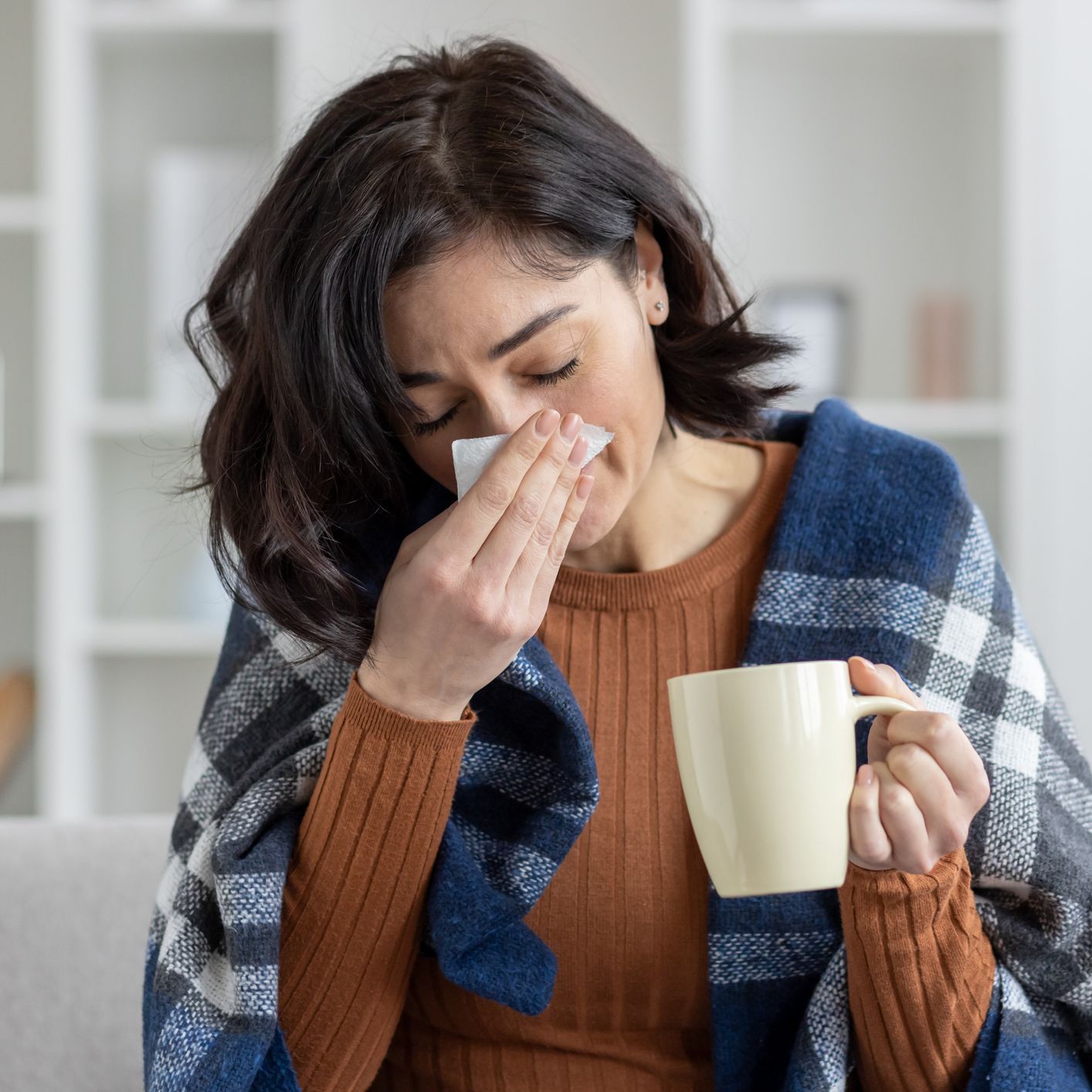
How to Stop Sneezing: Quick Remedies
If sneezing strikes out of the blue, try these quick tips to calm your nasal passages:
- Blow Your Nose Gently: Sneezing can be triggered by an irritant in your nose. Blowing your nose can help clear out the irritant and provide relief.
- Rinse with Saline Spray: A saline nasal spray can flush out allergens or irritants and soothe your nasal passages. For more persistent symptoms, a saline rinse or neti pot might help.
- Avoid the Irritant: If you can pinpoint what’s causing your sneezing, such as smoke or perfume, step away from the area to give your nose a break.
- Stay Hydrated: Drinking plenty of water can thin the mucus in your nasal passages, helping to reduce sneezing caused by congestion.
- Close the Windows: If your sneezing is due to seasonal allergies, keep windows closed to minimize exposure to pollen, especially during peak allergy seasons.
Long-term Solutions for Chronic Sneezing
If sneezing is a constant problem, quick fixes might not be enough. Here’s what you can do to tackle the root cause:
Identify Allergies
If you suspect allergies, schedule an appointment with an allergist. Allergy testing can identify your triggers, such as pet dander, dust mites, or pollen. Once you know what’s causing your symptoms, you can take targeted steps to avoid allergens and manage your condition.
Use Allergy Medications
Over-the-counter antihistamines, decongestants, or nasal sprays can provide relief for allergy-related sneezing. If your symptoms persist, your doctor may recommend prescription treatments or immunotherapy (allergy shots or sublingual immunotherapy).

Clean Your Space
If allergens like dust or pet dander are the reason you can’t stop sneezing, regular cleaning can help:
- Use HEPA filters in your vacuum and air purifier.
- Wash bedding weekly in hot water.
- Minimize carpet and fabric surfaces where allergens can accumulate.
Consider Environmental Changes
If environmental irritants are to blame, consider making changes like:
- Using fragrance-free products.
- Avoiding smoking or smoky environments.
- Keeping your home free of mold and humidity with dehumidifiers.
When to See a Doctor
Occasional sneezing is normal, but if it becomes chronic or significantly impacts your daily life, it’s time to seek medical care. You should see a doctor if:
- You experience sneezing fits several times a day for weeks at a time
- Your sneezing is accompanied by other symptoms, like nasal congestion, watery eyes, or itching
- Over-the-counter remedies don’t seem to help
- Sneezing disrupts your sleep or work
Find Relief with Northeast Allergy
At Northeast Allergy, we specialize in identifying and treating the root causes of allergy symptoms, such as persistent sneezing. Whether it’s allergies, irritants, or an underlying condition, our team of experts can help you get the answers — and relief — you need. Don’t let sneezing control your life. Request an appointment today and breathe easy again.
